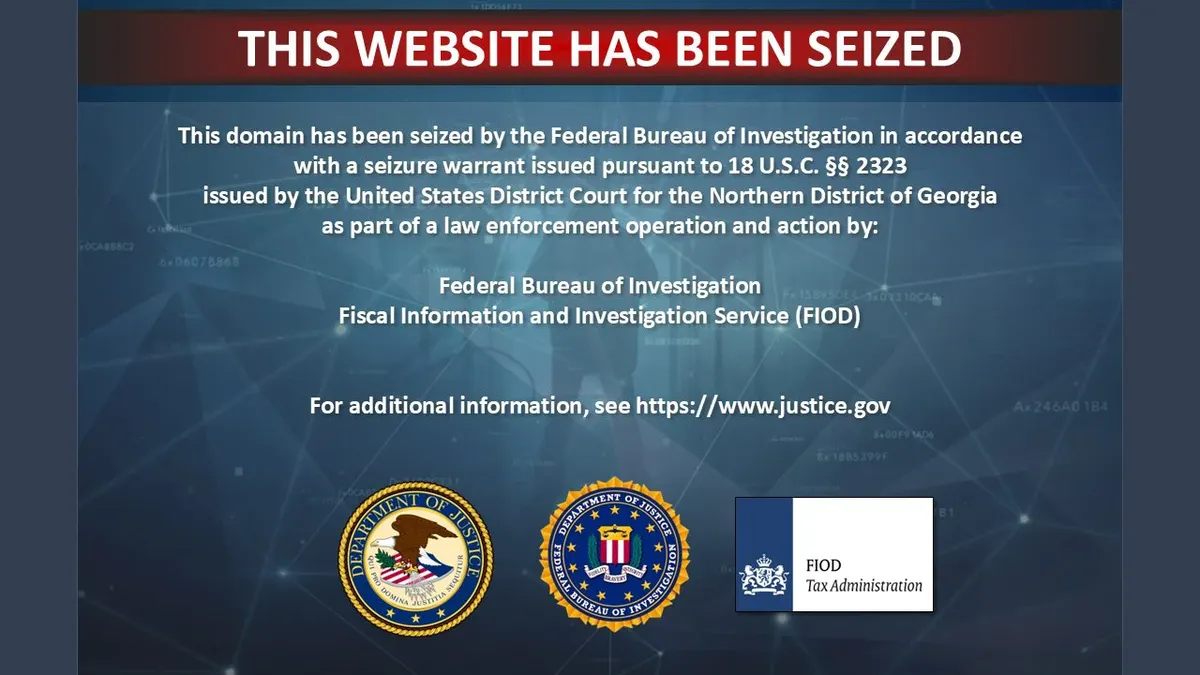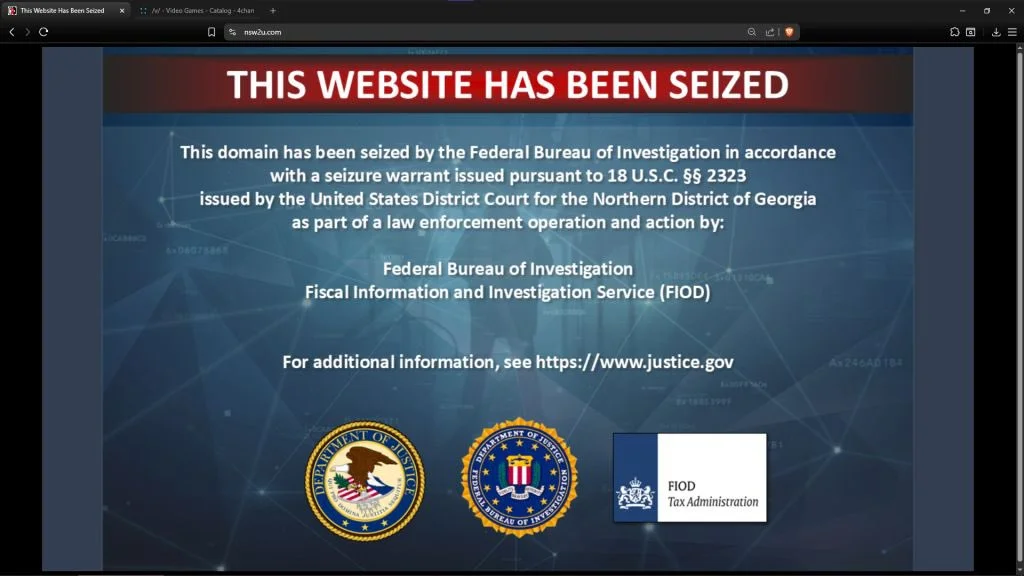FBI Shuts Down NSw2u Site, the Largest Nintendo Switch Piracy Site
Last Thursday, one of the largest Nintendo Switch piracy sites, NSw2u, was officially shut down by the United States Federal Bureau of Investigation (FBI) as part of a law enforcement operation.

NSw2u has long been widely known as a premier repository for Switch users who want to play games without having to purchase them officially, whether on hacked Switch devices or through emulators on PC. The existence of this site facilitated access to popular game ROMs, including the latest titles such as The Legend of Zelda: Tears of the Kingdom.

According to a notice posted on the main page of NSw2u, the closure was carried out “in accordance with a seizure warrant issued under 18 U.S.C. § 2323 by the United States District Court for the Northern District of Georgia.” Besides the FBI, the involvement of the FIOD, a Dutch agency handling financial crimes, was also mentioned in this operation. The involvement of cross-state and agency cooperation shows how serious the effort to dismantle this global digital game piracy network is.
Nintendo itself has not remained idle over the past few years. In addition to suing the Yuzu emulator developers that enable Switch games to run on PC, the Japanese giant company has also filed lawsuits against several small sites distributing ROMs of legacy systems and third-party device manufacturers that help users violate copyright protections on the Switch. These legal actions reflect Nintendo’s aggressive strategy to keep its digital game ecosystem safe from piracy.
Since the initial launch of the first-generation Switch, the piracy community has managed to exploit security vulnerabilities so that popular game ROMs such as Tears of the Kingdom have spread widely. The proliferation of these ROMs triggered speculation that Nintendo would tighten security systems in the next generation. In fact, some players using unofficial SD cards to store many Switch 1 ROMs reported their Switch 2 consoles were immediately blocked from online services shortly after the debut last month, with Nintendo having the right to “brick” devices if they violate the service terms.
